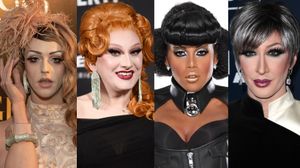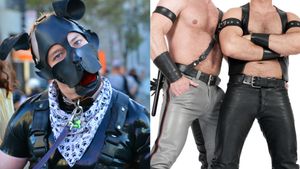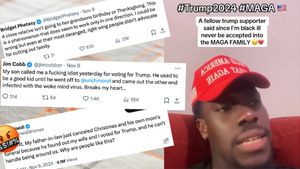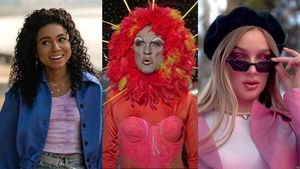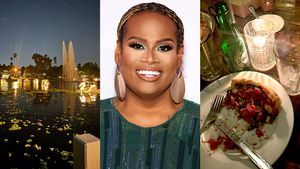Ty Underwood. Kandis Capri. Jessie Hernandez. Elisha Walker. Amber Monroe. Tamara Dominguez. Penny Proud. London Chanel. Yazmin Vash Payne.
These names may be unfamiliar to you. They are the names of some of the transgender people we honor this Transgender Day of Remembrance. They are just a few of the transgender and gender non-conforming people who were shot, stabbed, beaten, or killed in some other manner as a result of anti-transgender hate and violence in 2015.
They were from large and small places all across this country. Places like Tyler, Texas; Phoenix; Denver; Smithfield, N.C.; Detroit; Kansas City, Mo.; New Orleans; Philadelphia; and Los Angeles.
They were students, workers, unemployed, mothers, daughters, partners, friends, and so much more.
And even though I never met them, they were my sisters.
An overwhelming majority of the transgender and gender-nonconforming people we lost to violence this year were women, and nearly all were transgender women of color. As a black cisgender (my gender identity matches the one I was assigned at birth) lesbian, I find these murders cut to my core. I feel compelled to stand up and speak their names just as loudly as I have invoked Trayvon Martin, Sean Bell, Amadou Diallo, Michael Brown, Sandra Bland, and all of the other black lives we've lost, some whose names we know so well and others we've never heard before.
We are clearly in a state of emergency. None of our communities are immune to this crisis of brutality and violence tha's rooted in racism, homophobia, and transphobia.
This year, the National Coalition of Anti-Violence Programs has documented 22 homicides of transgender and gender-nonconforming people in the United States, the highest rate NCAVP has ever recorded. And we know that many more murders of transgender and gender-nonconforming people are never reported or correctly documented.
Even in their deaths, many of the transgender and gender-nonconforming people we've lost were misgendered, misnamed, and maligned, and their friends and community had to demand that they be acknowledged and respected for who they truly were. And despite all this, in many cases these crimes were underinvestigated and left unsolved.
So today, while I speak the names of those we have lost, I also am sending out a message to the transgender women who are living. Even if we've never met, you are my sisters, and I stand with you to end the threats and attacks on your bodies and souls. For, until you are safe and free, none of us are truly free.
I don't choose this word, "sister," lightly. As I grew up up in a household with four cisgender female siblings, "sister" has been a powerful word from the day I was born. It means family, unconditional love, and support even during the hardest times. For me, as a black woman, sisterhood is my link to generations of women of color who have cleared paths for me to walk along as well as the many women of color who will come behind me and go farther than I will ever travel. As an adult, finding my own way in the world, I find sisterhood has come to represent the powerful, unbreakable bond that connects me to other women who I know always have my back, and I theirs. In sisterhood, we are stronger, smarter, more compassionate, resourceful, and creative than the sum of our parts. And in sisterhood we can and do change the world.
So it is in this most awe-inspiring spirit of sisterhood that I send out this message to my transgender sisters across this country.
I see you. And I stand with and beside you.
Being a sister means I will forge a path for you and follow your lead. I will use the privilege I have to open up more spaces for you to be seen and heard. As I am your sister, you are truly my family, who I will support even during the hardest of times. Our path together may not always be easy, but I'm hoping we can find ways to lift up each other -- even when we don't completely see eye to eye. For ultimately, I believe our destinies are linked and that it is up to us to join together to fight back against racism, homophobia, transphobia, and other forms of oppression that impact us. And in doing so, we will create a world in which we are all truly safe and free.
 BEVERLY TILLERY is the executive director of the New York City Ani-Violence Project. Follow her on Twitter @BeverlyTillery.
BEVERLY TILLERY is the executive director of the New York City Ani-Violence Project. Follow her on Twitter @BeverlyTillery.
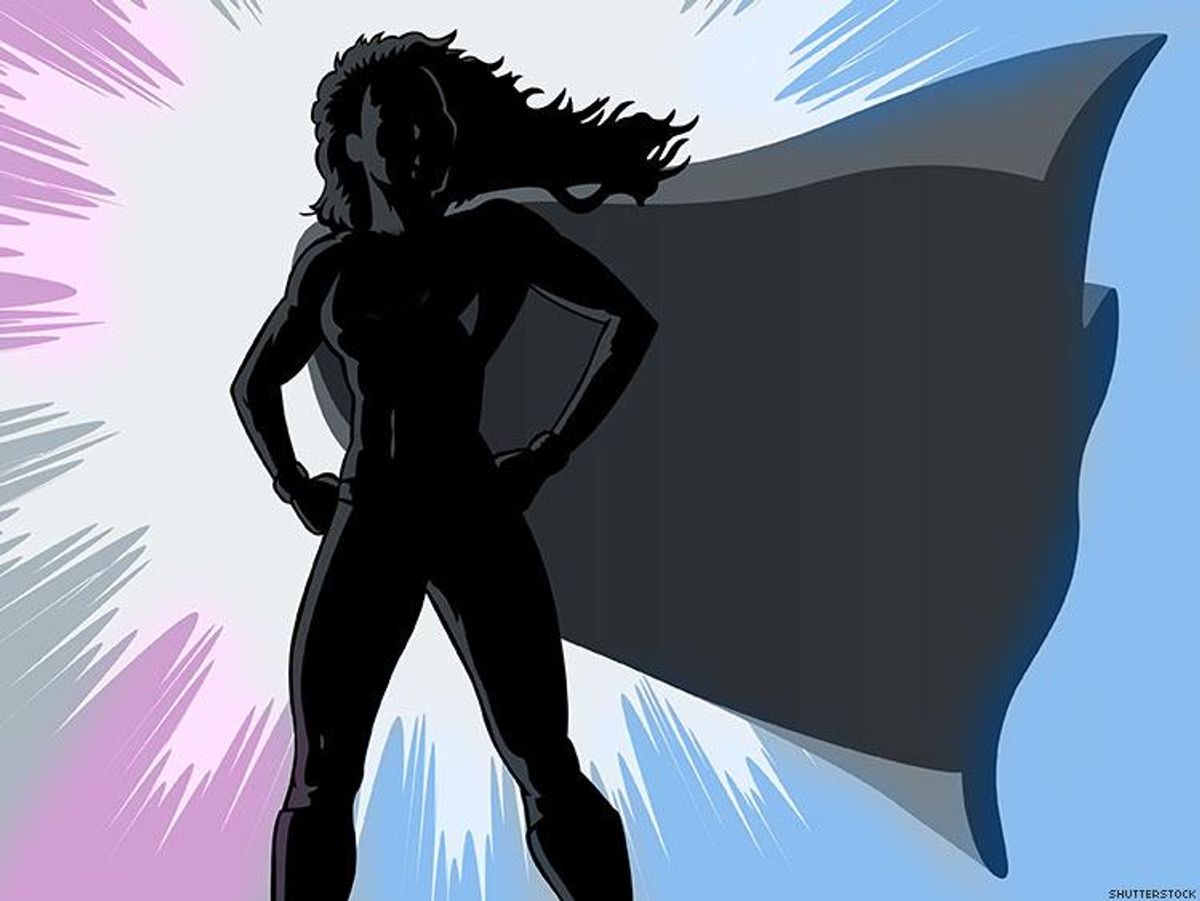

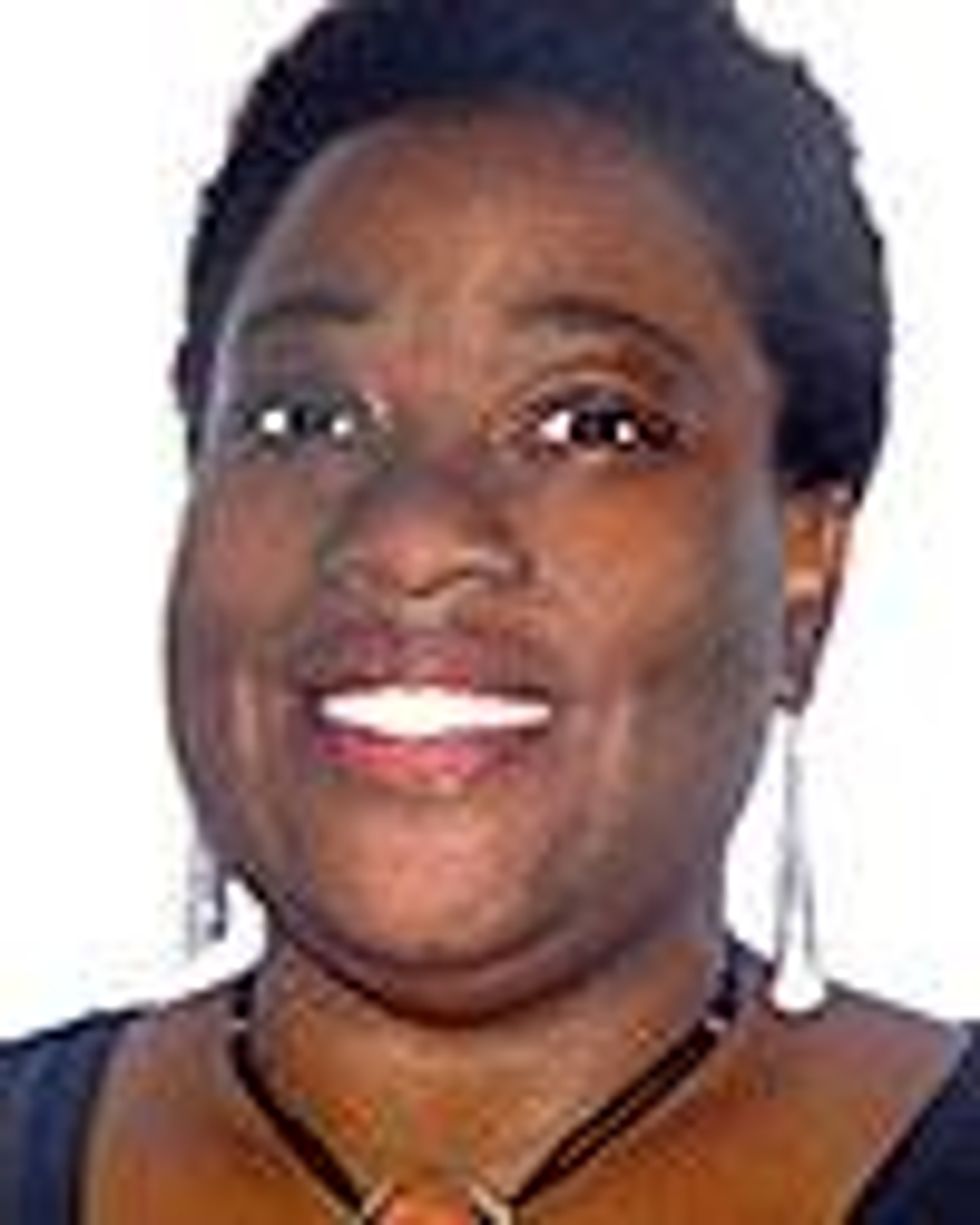 BEVERLY TILLERY is the executive director of the
BEVERLY TILLERY is the executive director of the 

































